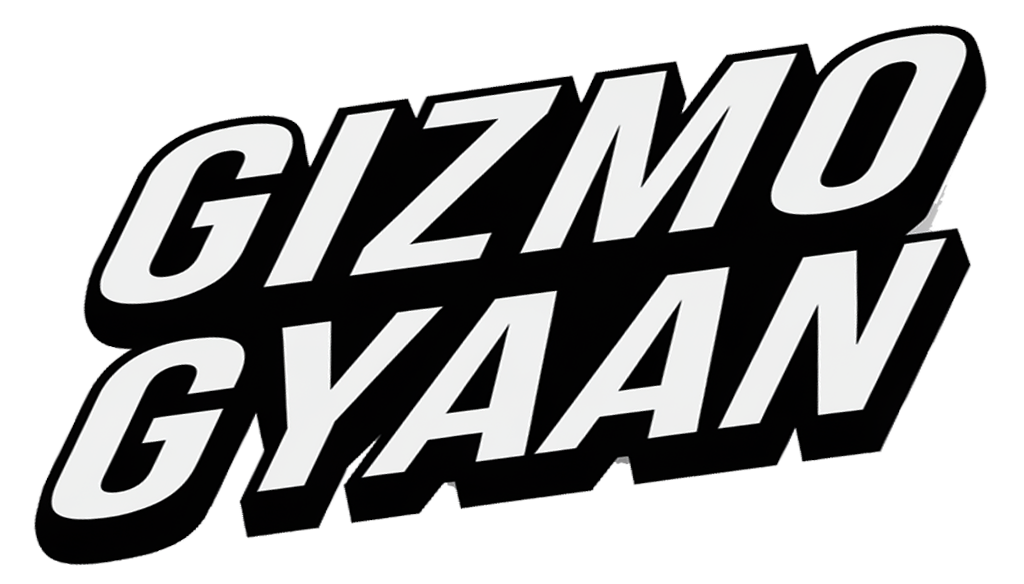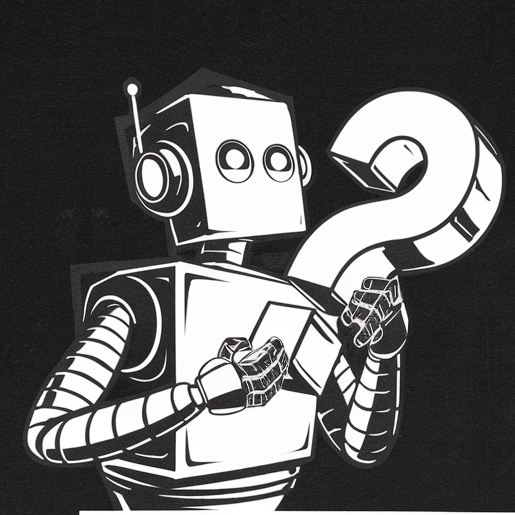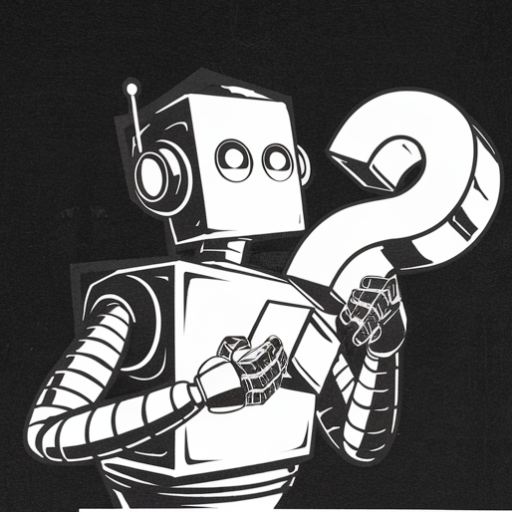In today’s fast-paced digital world, terms like “social media marketing” and “digital marketing” are often used interchangeably. However, while they overlap in some areas, they are distinct strategies that serve different purposes. This blog will help you understand the difference between social media and digital marketing, making it easier to choose the right approach for your business.
What is Digital Marketing?
Digital marketing encompasses all marketing efforts that use the internet or electronic devices. Its main goal is to reach potential customers through various digital channels. Here are some of the most common forms of digital marketing:
- Search Engine Optimization (SEO): Optimizing your website to rank higher in search engine results.
- Pay-Per-Click Advertising (PPC): Paid ads that appear on search engines and other platforms.
- Email Marketing: Sending newsletters or promotional emails to a targeted audience.
- Content Marketing: Creating and distributing valuable content to attract and retain a clearly defined audience.
- Affiliate Marketing: Partnering with affiliates to promote your product or service.
- Social Media Marketing: A subset of digital marketing that uses social platforms for promotions.
What is Social Media Marketing?
Social media marketing focuses on using social media platforms to connect with your audience, build your brand, and drive sales. It involves:
- Content Creation: Posts, videos, stories, and live sessions.
- Engagement: Interacting with followers through likes, comments, and messages.
- Advertising: Running targeted ads on platforms like Facebook, Instagram, and LinkedIn.
- Analytics: Tracking performance metrics like engagement rates and follower growth.
Social media marketing is about building relationships and creating a community around your brand.
Key Differences Between Social Media and Digital Marketing
| Aspect | Digital Marketing | Social Media Marketing |
|---|---|---|
| Scope | Broader; includes various online marketing methods. | Narrower; focuses specifically on social platforms. |
| Channels | Websites, email, search engines, apps, etc. | Social media platforms like Instagram, Twitter, etc. |
| Goal | Driving traffic, generating leads, boosting sales. | Building brand awareness, engaging with audiences. |
| Tools Used | Google Ads, SEO tools, email marketing software. | Facebook Ads Manager, Canva, Hootsuite. |
| Audience Interaction | Often one-way communication through ads or emails. | Two-way interaction through comments and DMs. |
How Do They Complement Each Other?
While social media marketing is a subset of digital marketing, the two often work hand-in-hand:
- Social Media for Content Promotion: Sharing blog posts or videos on social media can drive traffic to your website.
- Targeted Ads: Social media platforms allow precise targeting for digital ads.
- Engagement: Social media interactions can inform broader digital marketing strategies.
When to Use Social Media vs. Digital Marketing
- Social Media Marketing is ideal for:
- Building a brand’s online presence.
- Engaging with your target audience.
- Launching visual campaigns or interactive content.
- Digital Marketing is perfect for:
- Reaching a larger audience across multiple channels.
- Driving website traffic and generating leads.
- Implementing long-term strategies like SEO and email marketing.
Final Thoughts
Social media marketing and digital marketing are both essential components of a successful marketing strategy. While social media focuses on building relationships and communities, digital marketing offers a more comprehensive approach to reaching and converting customers.
By understanding the difference and leveraging the strengths of each, you can create a balanced strategy that maximizes your reach and impact.









